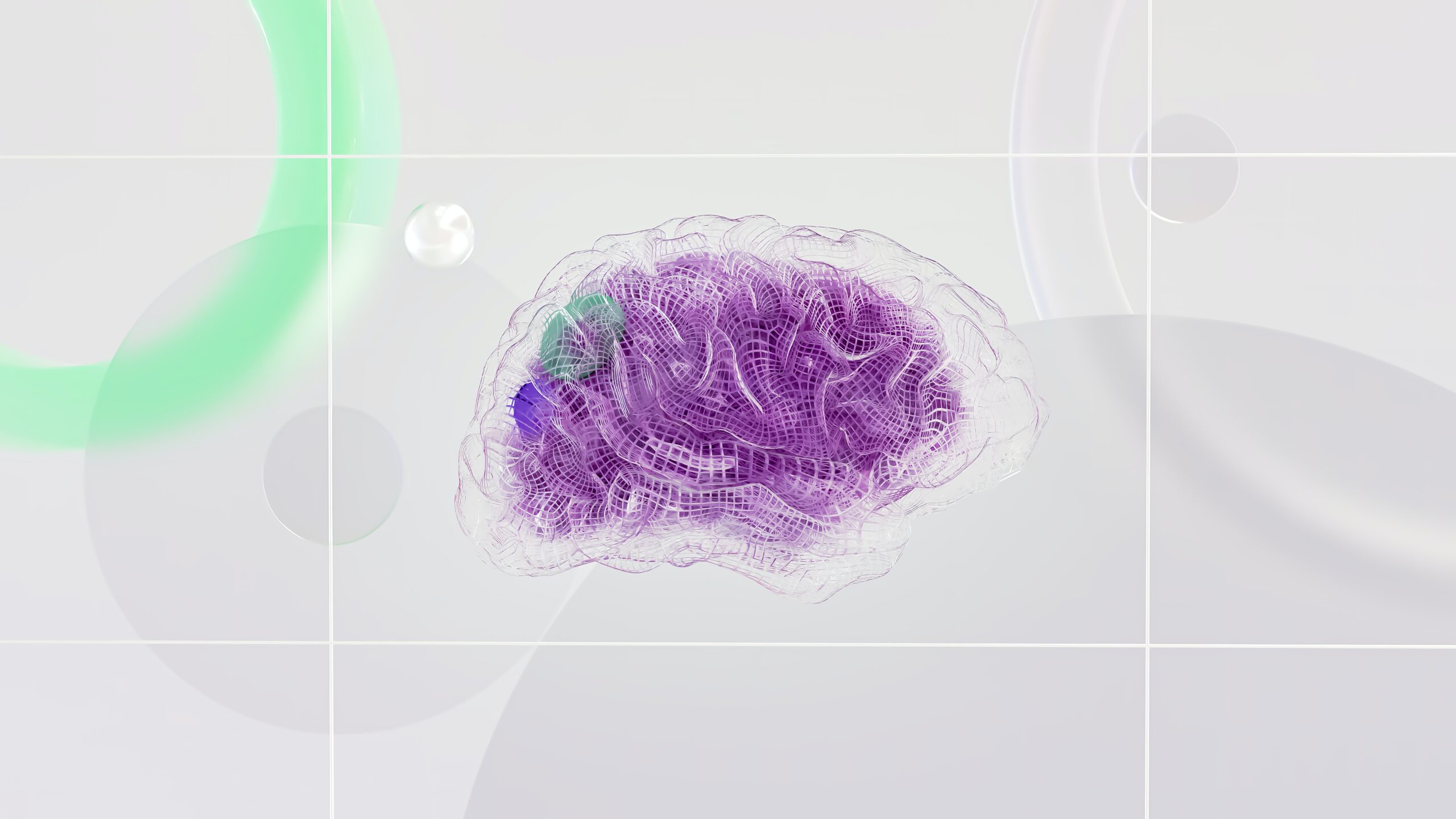
In the realm of technological innovation, the fusion of neuroscience and computing is giving rise to a revolutionary field known as neurotechnology. At the forefront of neurotechnology stands the mind-computer interface (MCI), a cutting-edge technology that allows direct communication between the human brain and computers.
According to a report by Allied Market Research, the global neurotechnology market is expected to reach $30.4 billion by 2027, reflecting the remarkable growth and transformative potential of this field.
The Essence of Neurotechnology and MCI
Neurotechnology encompasses a wide range of technologies and applications designed to interact with, interpret, and enhance the functioning of the human nervous system. At its core lies the mind-computer interface, a bridge that enables direct communication between the brain and external devices, such as computers or prosthetic limbs. This interface holds the promise of revolutionizing numerous fields, from healthcare and rehabilitation to gaming and communication.
Key Components of Mind-Computer Interfaces
The development of MCI involves several key components:
Brain-Computer Communication: MCI systems rely on advanced algorithms and sensors to decode brain signals and translate them into actionable commands or information that computers can understand.
Neuroimaging Technologies: Technologies like electroencephalography (EEG), functional magnetic resonance imaging (fMRI), and magnetoencephalography (MEG) play a crucial role in capturing brain activity and patterns.
Sensory Feedback: Some MCIs provide sensory feedback to the user, allowing them to “feel” or perceive the output generated by the computer.
Applications: MCIs find applications in diverse fields, including medical devices for people with disabilities, brain-computer gaming interfaces, and even neurofeedback for mental health and well-being.
The Impact on Healthcare
One of the most promising and transformative applications of MCIs is in the field of healthcare:
Neurorehabilitation: MCIs are being used to help individuals recover from neurological injuries or diseases. For example, brain-computer interfaces can assist stroke patients in regaining control of their limbs through neurofeedback and rehabilitation exercises.
Assistive Devices: MCIs are enabling individuals with paralysis or limb loss to regain a degree of independence by controlling prosthetic limbs, wheelchairs, or even home automation systems directly through their thoughts.
Neurological Diagnosis: In medical diagnostics, MCIs can provide valuable insights into brain function and help in the early detection of conditions like epilepsy or Alzheimer’s disease.
Challenges and Ethical Considerations
Despite its immense potential, MCI technology faces several challenges, including:
Technical Complexity: Developing reliable and user-friendly MCIs is a complex task that requires advances in signal processing, machine learning, and hardware design.
Privacy and Security: The direct connection between the brain and external devices raises concerns about the security and privacy of neural data.
Ethical Issues: The ethical implications of MCI technology, such as the potential for brain hacking or unauthorized access to neural data, need careful consideration.
Inclusivity: Ensuring that MCIs are accessible and affordable for all who could benefit from them is a challenge.
The Future of Neurotechnology
The future of neurotechnology is incredibly exciting:
Enhanced Human Abilities: MCIs could allow humans to enhance their natural abilities, such as memory, cognition, or communication.
Brain-Computer Gaming: Gaming experiences could become more immersive and responsive, as players control in-game actions with their thoughts.
Telepathic Communication: The ability to send thoughts directly to another person’s brain, akin to telepathy, is a concept that researchers are exploring.
The Role of Software Development in Neurotechnology
Software development companies like ‘Coding Brains play a critical role in advancing neurotechnology. They design software that enables the interpretation of neural data, the development of user-friendly MCI applications, and the integration of these systems into various domains. Their expertise in machine learning and data analytics is vital for extracting meaningful information from the vast amount of data generated by MCIs.
Conclusion
Neurotechnology, with its centrepiece, the mind-computer interface, holds immense promise in reshaping the way we interact with technology, improving healthcare, and even enhancing human capabilities. The remarkable growth projected in the neurotechnology market highlights its transformative potential. In this dynamic landscape, companies like ‘Coding Brains’ are at the forefront, contributing their expertise to unlock the full potential of neurotechnology and pave the way for a future where the boundaries between the human mind and technology continue to blur.


Leave a Reply